
Berdi
urinary Track Health
In this fast-paced world, it’s crucial to prioritise our health. Folic acid plays a significant role in various bodily functions, making it an essential nutrient for women. You can promote your overall well-being by understanding the importance of folic acid and incorporating folic acid rich foods into your diet.
Folic acid is a water-soluble vitamin that belongs to the B vitamin family. It is a synthetic form of folate, a natural nutrient found in certain foods. Folic acid is known for its role in DNA synthesis, red blood cell production, and cell growth. Since our bodies cannot produce folic acid, obtaining it through our diet by adding folic acid rich foods is crucial.
This article will explore the importance of folic acid, folic acid rich foods, and how it contributes to women’s well-being.
Folic acid is a water-soluble vitamin that belongs to the B vitamin family. It is a synthetic form of folate, a natural nutrient in certain foods. Folic acid is known for its role in DNA synthesis, red blood cell production, and cell growth. Since our bodies cannot produce folic acid, obtaining it through our diet is crucial.
Folic acid offers numerous health benefits, specifically for women. Firstly, it supports healthy cell division and promotes the growth of new cells, which is essential during periods of rapid growth such as pregnancy. Adequate folic acid intake is vital for reproductive health, as it can reduce the risk of certain birth defects, such as neural tube defects.
Additionally, folic acid helps produce DNA and RNA, which are crucial for proper cell function and growth. It also aids in forming red blood cells, preventing anaemia, a condition commonly experienced by women. Furthermore, folic acid is involved in the metabolism of homocysteine, an amino acid associated with heart health.
Fortunately, nature provides us with a wide range of foods rich in folic acid. You can effortlessly increase your folic acid intake by incorporating these folic acid rich foods.
Leafy green vegetables are renowned for their rich folic acid content. Folic acid is essential for DNA synthesis, red blood cell production, and overall cellular function. Studies have shown that including leafy greens in your diet can significantly contribute to meeting your folic acid requirements.
A study published in the Journal of Food Science shows that leafy green vegetables, especially spinach and kale, are potent sources of folic acid. These vegetables contain high folate concentrations, the natural form of folic acid. The research emphasises the importance of consuming a variety of leafy greens to maximise folic acid intake and reap their health benefits.
Leafy green vegetables rank among the top of folic acid rich foods.. Spinach, in particular, stands out as a powerhouse of folate, making it a valuable food for women seeking to enhance their folic acid intake.
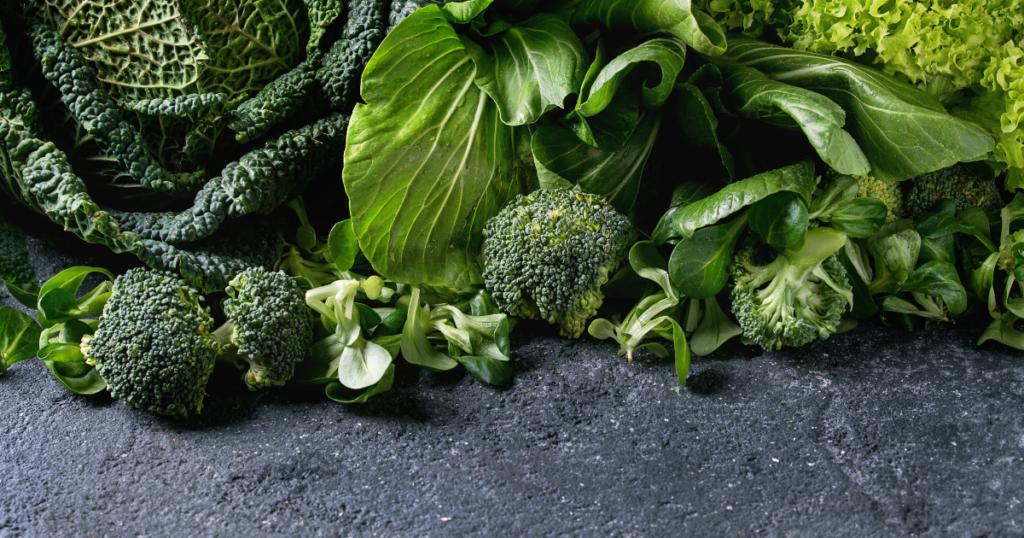
Citrus fruits, such as oranges, grapefruits, and lemons, are zesty and refreshing and offer a host of health benefits. These vibrant fruits are known for their high vitamin C content, but they are also one of the best folic acid rich foods. cheap phentermine
A study published in the Intech Open shows that citrus fruits contain substantial amounts of folic acid, such as oranges and grapefruits. Including these fruits in the diet can effectively boost folic acid intake and support overall health. Fresh-squeezed orange juice and grapefruit juice also exhibit significant folate content. Regularly consuming these juices can provide a convenient and delicious way to incorporate folic acid into your diet.
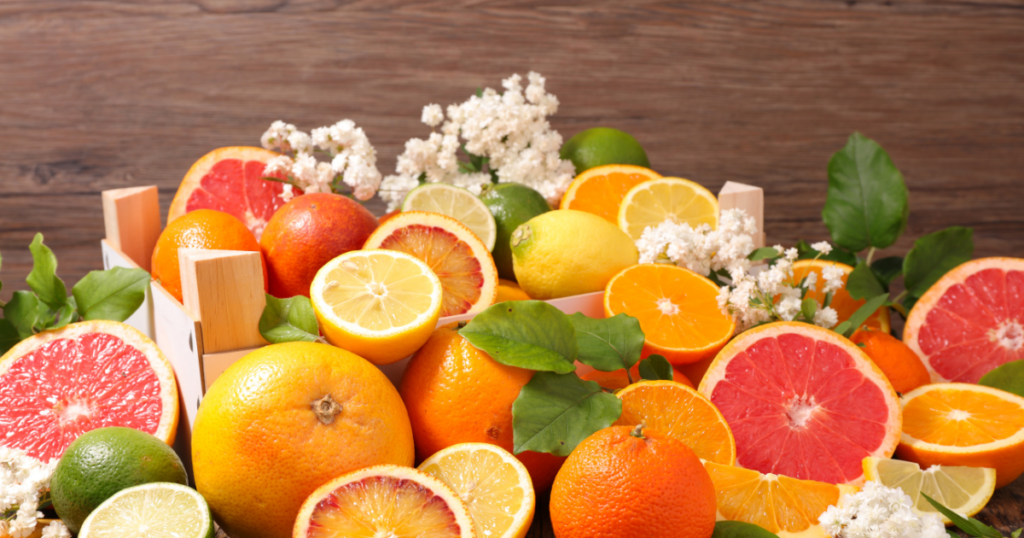
Legumes, including lentils, chickpeas, and black beans, are another of the folic acid rich foods. These versatile legumes are packed with protein and fibre and contain significant amounts of this essential nutrient. Folic acid is vital in various bodily functions, including cell division and DNA synthesis. Incorporating legumes into your diet can be an effective way to increase your folic acid intake. Whether added to soups, salads, or main dishes, legumes offer a nutritious and flavorful option to support your overall health while providing a generous dose of folic acid in each serving.
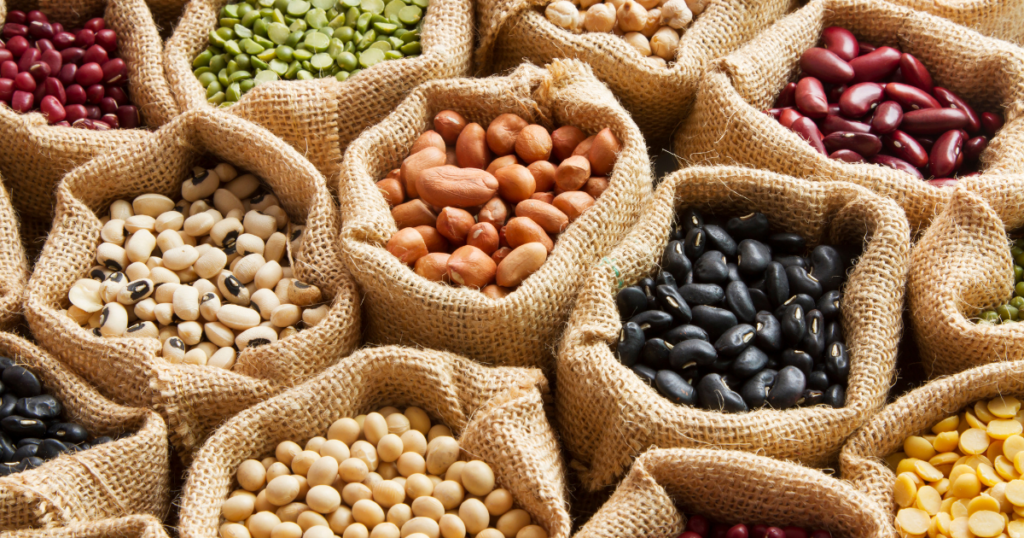
Many grains, such as bread, pasta, and breakfast cereals, are fortified with folic acid. Check the labels when shopping and opt for whole grain varieties whenever possible. These fortified grains can significantly contribute to your daily folic acid intake.
Apart from the aforementioned foods, there are other options to consider. Avocados, bananas, beets, and Brussels sprouts are foods containing moderate amounts of folic acid. Incorporating a variety of these folic acid rich foods into your diet will help ensure an adequate folic acid intake.
While obtaining folic acid through natural food sources is preferable, some situations may require additional supplementation. If you have a folic acid deficiency or plan to conceive, your healthcare provider might recommend a folic acid supplement.
The Route2Health Qfolic is an effective folic acid supplement that contains 4th generation bioactive folic acid. This active form of folic acid is better than the previous generations, promising superior absorption, higher bioavailability, & better utilisation.
Q1: Can men also benefit from consuming folic acid-rich foods?
Yes, folic acid is beneficial for both men and women. It supports overall health and well-being, including proper cell function and growth.
Q2: Can I take too much folic acid?
While it’s generally safe to obtain folic acid from natural food sources, excessive supplementation can have adverse effects. Following the recommended daily intake guidelines and consulting with a healthcare professional is important.
Q3: Can I cook folic acid-rich foods without losing their nutrient content?
Yes, you can retain folic acid by following cooking tips such as light cooking methods like steaming or microwaving and proper storage of fruits and vegetables.
Q4: Are there any side effects of folic acid supplementation?
In general, folic acid supplementation is safe. However, high doses may interact with certain medications or mask underlying health conditions. It’s essential to consult with a healthcare professional before starting any new supplements.
Q5: How long should I take folic acid during pregnancy?
Taking folic acid supplements before conception and during the first trimester of pregnancy is recommended to reduce the risk of neural tube defects. However, individual needs may vary, so consult your healthcare provider for personalised guidance.

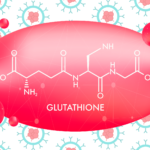




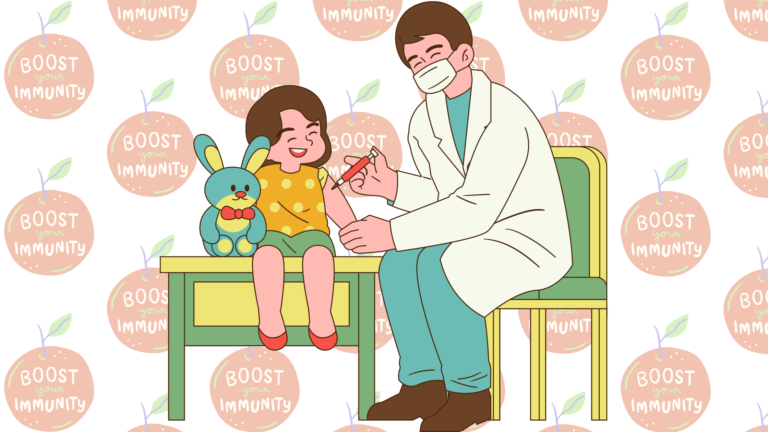
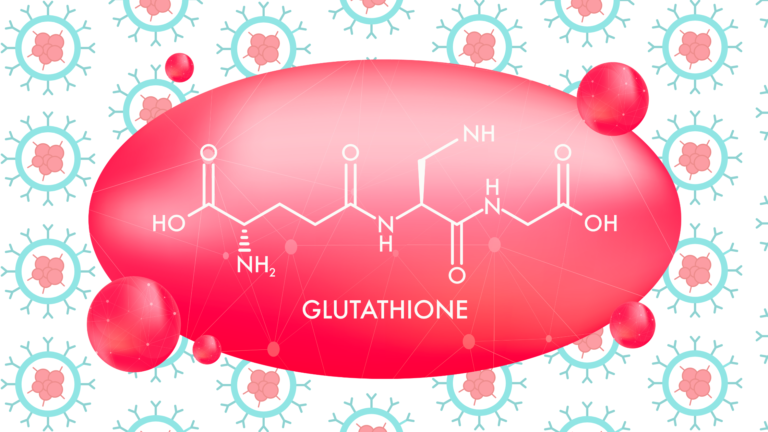


©2023 Route2Health®️
NTN: 2229383
AN ASSOCIATED COMPANY OF HIGHNOON LABORATORIES
STRN: 0301999937728

WhatsApp us
